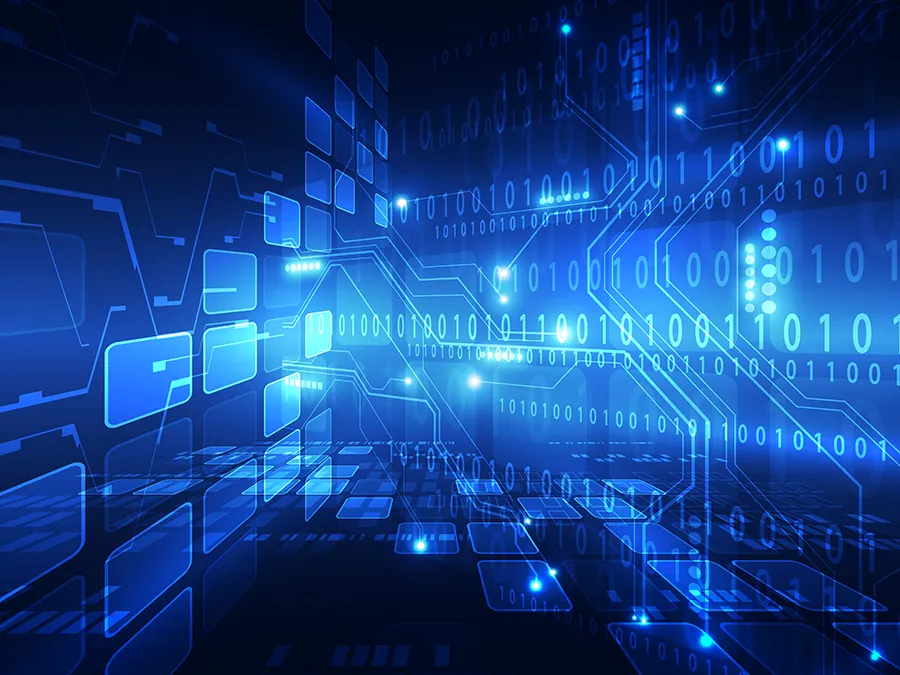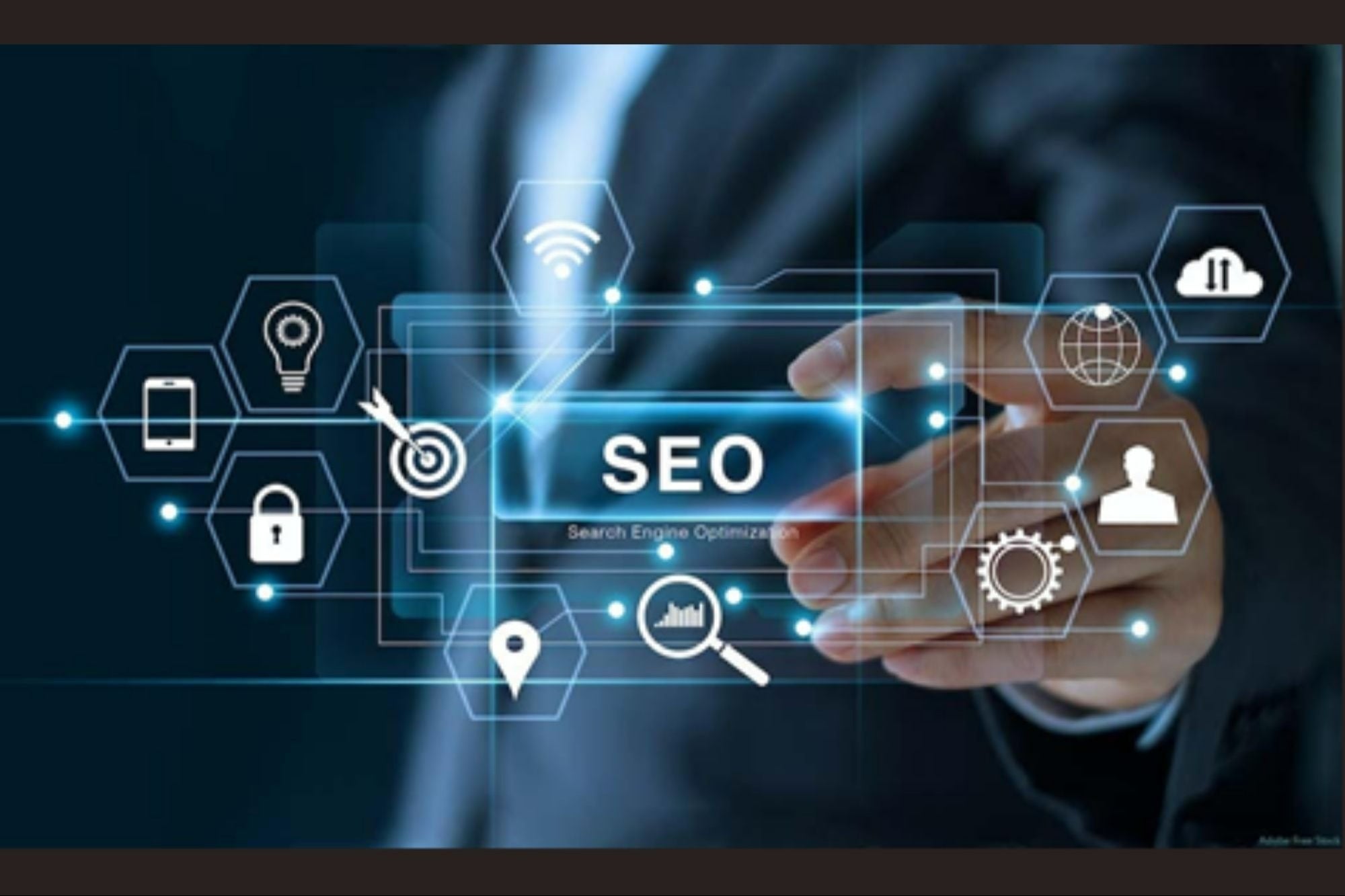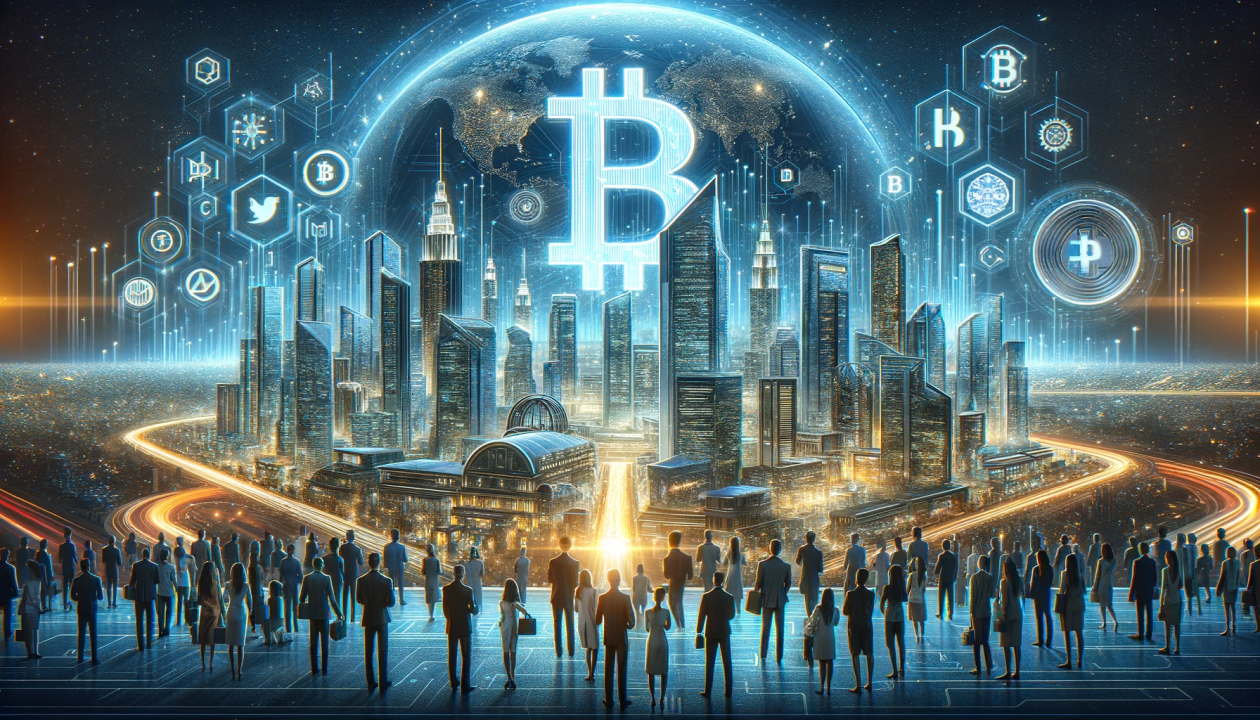introduction to technology
Technology has become the cornerstone of modern civilization, influencing every aspect of our lives. From the way we communicate to how we work, learn, and even entertain ourselves, technology has revolutionized the world in ways that were unimaginable just a few decades ago. This article delves into the evolution of technology, its impact on society, and what the future holds as we continue to innovate and push the boundaries of what’s possible. technology
The Dawn of Technology: From Tools to Transformations

The story of technology begins with the earliest humans, who used simple tools to survive. Stones, sticks, and fire were the first technological advancements that allowed our ancestors to hunt, cook, and protect themselves. Over time, these rudimentary tools evolved into more sophisticated inventions, such as the wheel, the plow, and eventually, the printing press. Each of these innovations marked a significant leap forward, enabling humans to achieve more with less effort.
The Industrial Revolution of the 18th and 19th centuries was a turning point in technological history. Steam engines, mechanized factories, and the advent of electricity transformed societies, shifting economies from agrarian to industrial. This era laid the foundation for the modern world, introducing concepts like mass production and urbanization. It was during this time that technology began to be seen not just as a tool but as a driving force for societal change.
The Digital Revolution: A New Era of Connectivity
The late 20th century ushered in the Digital Revolution, a period marked by the rise of computers, the internet, and telecommunications. The invention of the microprocessor in the 1970s paved the way for personal computers, making technology accessible to the average person. Suddenly, tasks that once required manual labor or specialized knowledge could be automated or simplified with the click of a button.
The internet, arguably the most transformative technology of this era, connected the world in ways that were previously unimaginable. It revolutionized communication, allowing people to share information instantly across vast distances. Social media platforms emerged, creating new ways for individuals to connect, share ideas, and build communities. E-commerce changed the way we shop, while search engines like Google made information accessible to anyone with an internet connection.
The Digital Revolution also gave rise to mobile technology. Smartphones, tablets, and other portable devices have become indispensable tools in our daily lives. These devices not only keep us connected but also serve as powerful tools for productivity, entertainment, and education. The app economy has created new industries and opportunities, further cementing technology’s role as a driver of economic growth.
Artificial Intelligence and Machine Learning: The Next Frontier
As we move further into the 21st century, artificial intelligence (AI) and machine learning are taking center stage. These technologies are transforming industries by enabling machines to perform tasks that once required human intelligence. From self-driving cars to virtual assistants like Siri and Alexa, AI is becoming an integral part of our lives.
Machine learning, a subset of AI, allows systems to learn and improve from experience without being explicitly programmed. This has led to breakthroughs in fields like healthcare, where AI is being used to diagnose diseases, develop personalized treatment plans, and even predict outbreaks. In finance, machine learning algorithms are used to detect fraud, optimize trading strategies, and assess credit risk.
However, the rise of AI also raises important ethical questions. How do we ensure that these technologies are used responsibly? What are the implications for jobs and employment as machines become capable of performing tasks traditionally done by humans? These are complex issues that society must grapple with as we continue to advance in this field.
The Internet of Things (IoT): A Connected World
The Internet of Things (IoT) is another transformative technology that is reshaping the way we live and work. IoT refers to the network of physical devices, vehicles, appliances, and other objects embedded with sensors, software, and connectivity, enabling them to collect and exchange data. This technology is creating a more interconnected world where devices can communicate with each other to improve efficiency and convenience.
Smart homes are a prime example of IoT in action. Thermostats, lights, security systems, and even refrigerators can now be controlled remotely through smartphones or voice commands. This not only enhances convenience but also helps reduce energy consumption and improve security.
In industries, IoT is driving the concept of Industry 4.0, where smart factories use connected devices to optimize production processes, reduce downtime, and improve quality control. In healthcare, IoT devices like wearable fitness trackers and remote monitoring systems are empowering individuals to take control of their health and enabling doctors to provide better care.
Blockchain: Revolutionizing Trust and Transparency
Blockchain technology, best known as the foundation of cryptocurrencies like Bitcoin, is another innovation with far-reaching implications. At its core, blockchain is a decentralized digital ledger that records transactions across multiple computers in a way that ensures security, transparency, and immutability.
While cryptocurrencies have garnered the most attention, blockchain’s potential extends far beyond finance. It can be used to create secure and transparent systems for voting, supply chain management, and even digital identity verification. By eliminating the need for intermediaries, blockchain has the potential to reduce costs, increase efficiency, and build trust in various sectors.
However, like any emerging technology, blockchain faces challenges. Scalability, energy consumption, and regulatory concerns are some of the issues that need to be addressed for it to reach its full potential.
The Future of Technology: What lies Ahead?
As we look to the future, it’s clear that technology will continue to evolve at an unprecedented pace. Emerging technologies like quantum computing, biotechnology, and renewable energy are poised to redefine what’s possible. Quantum computing, for instance, has the potential to solve complex problems that are currently beyond the reach of classical computers, opening up new possibilities in fields like cryptography, materials science, and drug discovery.
Biotechnology is another area with immense potential. Advances in genetic engineering, such as CRISPR, are enabling scientists to edit genes with precision, offering hope for curing genetic diseases and improving crop yields. Meanwhile, renewable energy technologies like solar and wind power are helping to address the global climate crisis by reducing our reliance on fossil fuels.
The future of technology is not just about innovation; it’s also about responsibility. As we continue to push the boundaries of what’s possible, it’s crucial to consider the ethical, social, and environmental implications of our actions. Technology has the power to transform the world for the better, but only if we use it wisely.
Conclusion: Embracing the Technological Revolution
Technology has come a long way since the days of stone tools and fire. It has transformed every aspect of our lives, from how we communicate and work to how we understand the world around us. As we stand on the brink of a new era of technological advancement, it’s important to reflect on the lessons of the past and consider the challenges and opportunities that lie ahead.
The future of technology is bright, but it’s up to us to shape it in a way that benefits all of humanity. By embracing innovation, fostering collaboration, and addressing the ethical and social implications of our actions, we can ensure that technology continues to be a force for good in the world.
So, as we move forward, let’s not just marvel at the wonders of technology—let’s also strive to use it to create a better, more equitable, and sustainable future for everyone.




